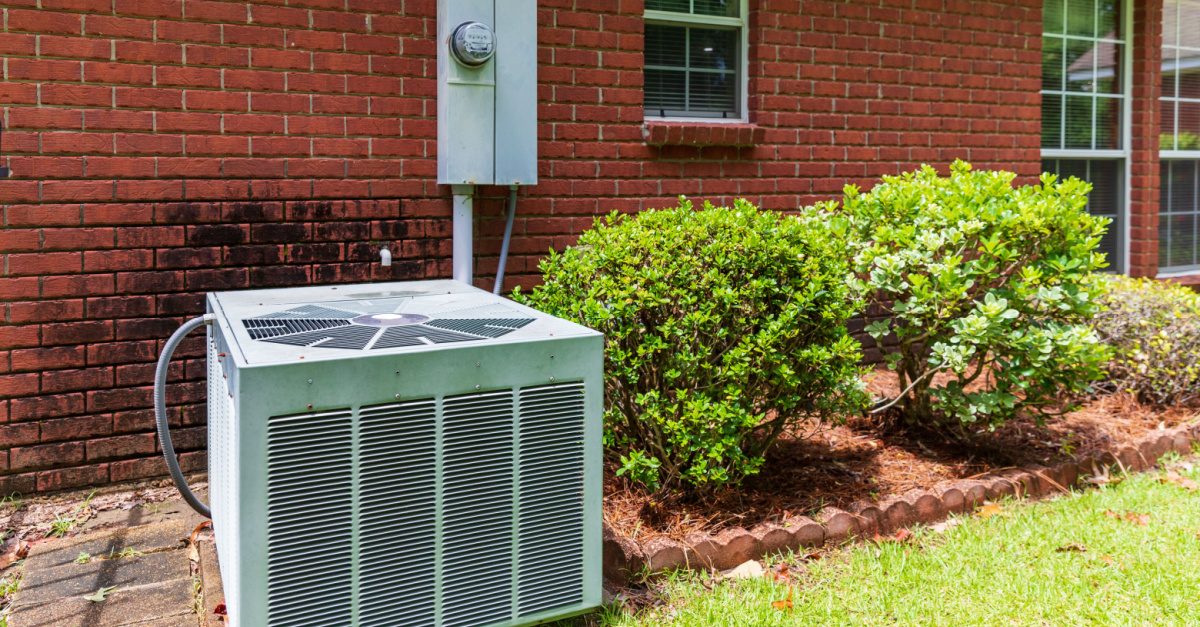
Breaking Down HVAC Supply Chain Issues
The United Kingdom is like many other parts of the world in that it’s experiencing supply chain issues affecting the heating, ventilation and air conditioning (HVAC) industry. What are some of the primary factors causing it? In this article, we are breaking down the HVAC Supply Chain Issues.
Government Plans and Programs
The United Kingdom’s government plans to achieve net-zero emissions by 2050. An associated report noted how domestic heat pump manufacturing and installations are major components of the goal. These options produce up to 70% fewer emissions than gas boilers and are approximately three times more efficient. It’s also helpful that almost 90% of British homes have heat pump compatibility.
The government intends for 600,000 heat pumps to be installed annually by 2028, with 300,000 of those products made within the United Kingdom. Fossil fuels remain the largest emissions source for buildings. Any serious net-zero goals must investigate how to reduce them.
The United Kingdom’s government also has renewable heating incentives for households and businesses. Applicants can get financial assistance to cover the costs of qualifying technologies.
A July 2023 market research report cited these renewable heat initiatives as drivers for the United Kingdom’s HVAC market. It also mentioned how approximately 750,000 existing mid- to large-scale HVAC systems will need technological updates to meet new and emerging air quality standards.
Together, these factors will keep HVAC manufacturers and technicians in high demand. However, they may also worsen existing supply chain obstacles, particularly until the United Kingdom establishes itself as a notable producer of HVAC products.
Weather Challenges
Although many people associate the United Kingdom with rainy, cloudy conditions, the country has comparatively fewer severe weather instances than other locations. However, that may change soon. Scientists believe climate change will make some parts of the country stormier and increase coastal flooding.
Research also indicated the chances of a white Christmas have increased the most in Southern and Eastern England over the past 30 years. Such forecasts give people hope of picturesque surroundings.
However, wintery weather exacerbates HVAC supply chain challenges. Snowy and icy conditions can make roads more dangerous and create temporary closures. These circumstances slow the movement of goods through supply chains, making it more difficult for professionals to install or service HVAC systems.
Many parts of the United Kingdom have also experienced unusually warm summers. Fixed cooling systems are rare, with only 1% of the country’s buildings featuring them. Estimates suggest an additional 3%-5% have portable cooling options.
Some HVAC professionals say more customers in the United Kingdom are becoming interested in air conditioning to cope with heat waves. Even those who want it and are ready to buy may wait longer than anticipated. That’s primarily due to numerous factors — from Brexit complications to semiconductor shortages — lengthening installation and supply timelines.
Skills Shortages
Working in the HVAC trade requires specialised training and real-world experience. A related complicating factor is that professionals are leaving the industry due to retirement or other reasons faster than the time needed to replace them with new hires.
One Bradford, England-based HVAC company has proactively addressed the matter with a modular training option. The content, which covers wiring diagrams, refrigeration processes, diagnostics and more, fills an educational gap and prepares learners for a broader range of situations they’ll see in the field. A company representative said the training has already paid off through a 50% recall reduction and improvements in first-time fix rates.
If someone wants to train as a heat pump engineer in the United Kingdom with no prior experience, it can take up to four years and may require becoming qualified as a plumber or boiler engineer first. Individuals already working in the field who wish to reskill can do so in shorter time frames, but the training costs are often prohibitively expensive. Educational options like those offered at the Bradford HVAC company can minimise barriers.
No Straightforward Solution for Supply Chain Challenges
These are some of the main aspects causing the ongoing supply chain obstacles in the United Kingdom. Unfortunately, there’s no easy or quick way to address them. However, one positive thing is that many other areas of the world are experiencing the same or similar problems. Affected parties in the United Kingdom should consider studying what worked well in those places and explore how to adapt them to meet regional needs.
The Sustain Chain is helping the global supply chain to address the environmental and economic impact of industry on our planet, find ways to mitigate the damage and create a sustainable future. To do this we have a fantastic magazine, learning materials, a Toolkit full of resources, and globally recognised awards and accreditations.
Why not access our the latest issue of The Sustain Chain Magazine, find out more about The IoSCM Level 5 Award in Sustainability and Corporate Social Responsibility and visit the Sustain Chain Toolkit?

